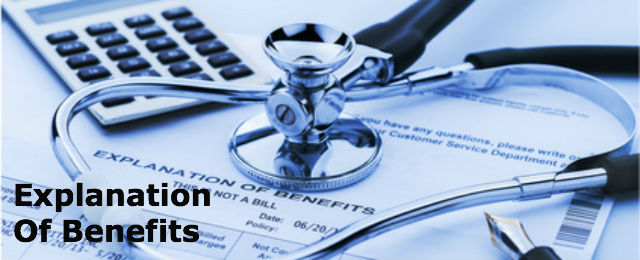Number of private option recipients rises to 250,000
by December 14, 2015 5:24 pm 128 views

The number of Arkansans eligible for the state’s private option increased by more than 11,000 from the end of October to November, growing from 238,224 to 249,539, according to numbers released by the Department of Human Services Monday.
Costs were paid for 198,917 plans, including for 22,839 “medically frail” patients who were made eligible for benefits because of the private option and then were funneled into traditional Medicaid. The number of premiums paid was 193,478 at the end of October.
The number of eligible recipients is the highest it has been since the end of July, when it was 263,387 with 223,067 premiums paid. In June, DHS began undergoing a process of redetermining income-based eligibility that ended coverage for 49,542 recipients, said Amy Webb, DHS director of communications. At the end of September, the number of recipients had fallen to 234,168. However, 13,793 private option recipients who lost their coverage have had it reinstated.
The private option is a state-run program that uses federal Medicaid dollars to purchase private insurance for Arkansans earning up to 138% of the federal poverty level. It was created by the Legislature in 2013 after the Supreme Court ruled that states could choose whether or not to expand their Medicaid populations under the Affordable Care Act, often known as Obamacare.
The private option barely mustered the required three-fourths votes for funding it in 2013 and 2014. This year, Gov. Asa Hutchinson asked legislators to fund the program through 2016 while a replacement is considered. He has proposed changing the program into one with more requirements for recipients that he is calling Arkansas Works. A legislative task force is meeting this week to consider changes that could be considered in a special session in 2016.
The total average cost per person for November was $483.58, compared to $482.57 in October. Those included $349.09 in average per person premiums paid to insurance companies and $129.90 paid in average cost sharing reductions that offset the costs recipients otherwise would have borne. Another $4.59 per person was spent on “wraparound” costs for transportation and other supplemental medical services.
In total, $69.4 million were spent on insurance premiums, $25.8 million were spent on cost-sharing reduction payments, and $4.59 million were spent on wraparound costs.
